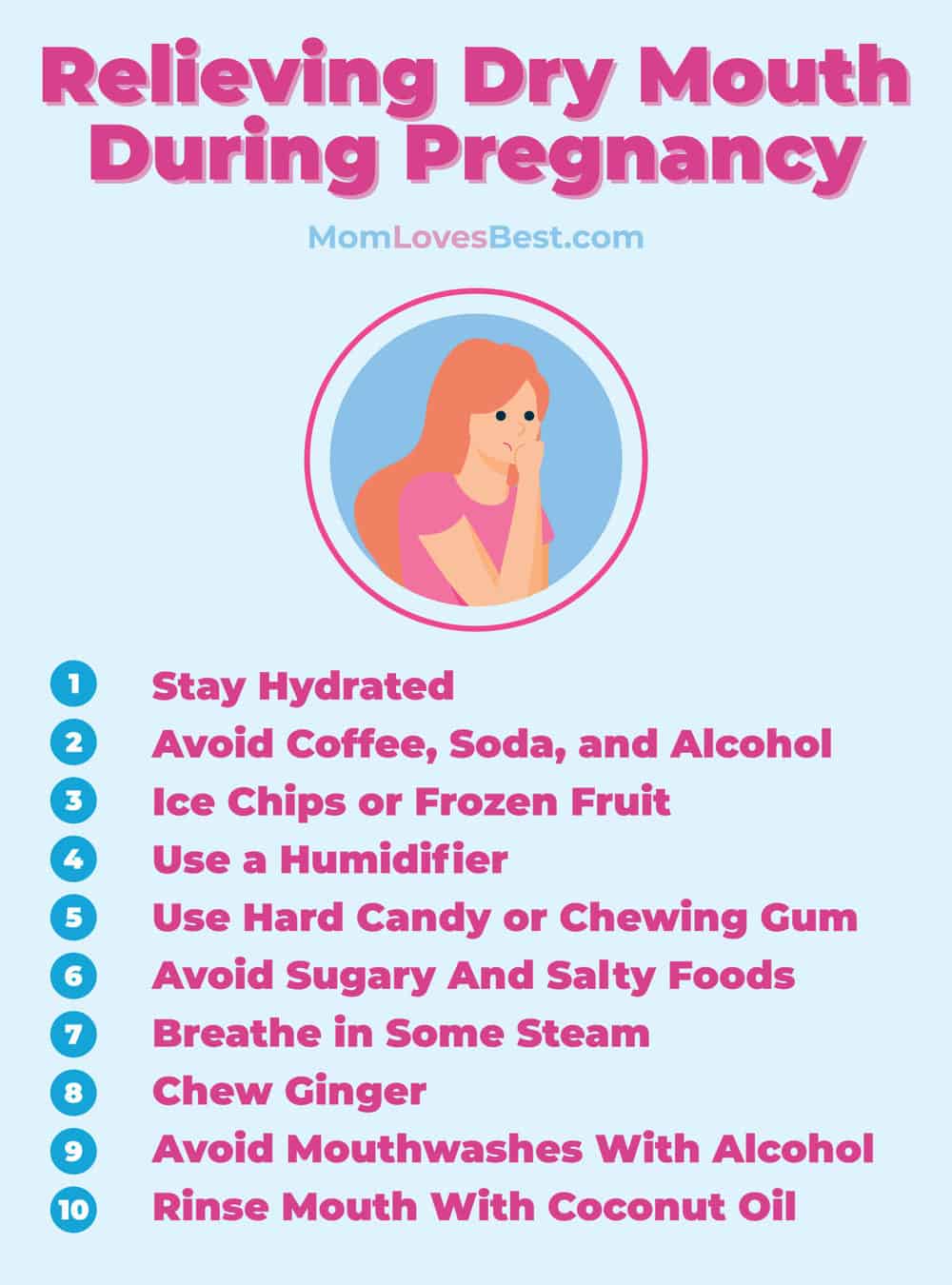Swollen glands during early pregnancy can be a common concern for many expecting mothers. While it may cause discomfort, understanding its causes and remedies can help you manage this condition effectively. Early pregnancy swollen glands are often linked to hormonal changes and immune system adjustments, making it essential for women to be informed about this condition.
As pregnancy progresses, the body undergoes numerous changes, and some of these changes can lead to symptoms such as swollen lymph nodes. Although it is generally not a cause for alarm, it is crucial to monitor any unusual symptoms and consult a healthcare professional if necessary. This article will delve into the causes, symptoms, and treatment options for early pregnancy swollen glands, providing you with comprehensive guidance.
This guide aims to address the concerns of expectant mothers by offering detailed insights into the topic, ensuring you are well-prepared to navigate this phase of pregnancy. Whether you're experiencing swollen glands for the first time or simply want to learn more, this article will provide the answers you need.
Read also:Discover The Fascinating World Of The Chipley Bugle Chipley Fl
What Causes Swollen Glands in Early Pregnancy?
Swollen glands in early pregnancy are primarily caused by hormonal fluctuations and changes in the immune system. The body undergoes significant transformations during this period, and these changes can sometimes lead to the enlargement of lymph nodes.
Hormonal Changes and Their Impact
- Hormones like progesterone and estrogen increase significantly during pregnancy, affecting various bodily functions.
- These hormonal surges can lead to inflammation and swelling in certain areas, including the lymph nodes.
- Higher levels of hCG (human chorionic gonadotropin) may also contribute to swollen glands.
Immune System Adjustments
Pregnancy weakens the immune system to prevent the body from rejecting the developing fetus. This adjustment can make the lymph nodes more active, leading to swelling as they work harder to protect the body.
Common Symptoms of Early Pregnancy Swollen Glands
Recognizing the symptoms of swollen glands is crucial for early identification and management. Here are some common signs:
- Tenderness or pain in the neck, armpits, or groin areas.
- Visible swelling or lumps under the skin.
- Fatigue and general discomfort.
While these symptoms are typically benign, it is always wise to consult a healthcare provider if they persist or worsen.
Is Swollen Glands in Early Pregnancy Normal?
Yes, swollen glands during early pregnancy are relatively common and usually nothing to worry about. However, it is important to differentiate between normal pregnancy-related swelling and potential infections or other health issues.
When to Seek Medical Attention
- If the swelling is accompanied by fever or chills.
- If the lymph nodes feel hard or immovable.
- If the swelling does not subside within a few weeks.
Consulting a doctor in these situations ensures that any underlying issues are addressed promptly.
Read also:Astrotwins Horoscopes Daily Your Ultimate Guide To Daily Cosmic Insights
Diagnosing Swollen Glands in Early Pregnancy
Diagnosing swollen glands involves a thorough examination by a healthcare professional. They may conduct the following:
Physical Examination
A doctor will examine the swollen areas to assess the size, shape, and tenderness of the lymph nodes. This step helps determine whether the swelling is due to pregnancy-related changes or another cause.
Additional Tests
- Blood tests to check for infections or other health conditions.
- Ultrasound imaging to rule out any abnormalities.
These tests provide a clearer picture of the underlying cause of the swelling.
Managing Early Pregnancy Swollen Glands
There are several ways to manage swollen glands during early pregnancy. Here are some effective strategies:
Lifestyle Adjustments
- Stay hydrated to support your immune system.
- Get plenty of rest to help your body recover.
- Eat a balanced diet rich in vitamins and minerals.
Home Remedies
Applying warm compresses to the swollen areas can provide relief. Additionally, gentle massages may help reduce discomfort.
Treatment Options for Swollen Glands
In most cases, swollen glands resolve on their own as the body adjusts to pregnancy. However, if the swelling is due to an infection, treatment may be necessary. Here are some options:
Antibiotics
If a bacterial infection is the cause, a doctor may prescribe antibiotics safe for use during pregnancy.
Over-the-Counter Pain Relief
Non-prescription pain relievers like acetaminophen can help alleviate discomfort. Always consult your doctor before taking any medication during pregnancy.
Preventing Swollen Glands During Pregnancy
While not all cases of swollen glands can be prevented, there are steps you can take to reduce the risk:
Boosting Your Immune System
- Consume immune-boosting foods like citrus fruits, berries, and leafy greens.
- Engage in regular, gentle exercise to improve circulation.
Avoiding Infections
Practice good hygiene, such as washing your hands frequently, to minimize the risk of infections that can lead to swollen glands.
Understanding the Role of Hormones in Swollen Glands
Hormonal changes play a significant role in the development of swollen glands during early pregnancy. Here's how:
Progesterone and Estrogen
These hormones increase blood flow and cause tissues to retain more fluid, contributing to swelling in various parts of the body, including the lymph nodes.
Human Chorionic Gonadotropin (hCG)
This hormone, which is crucial for maintaining pregnancy, can also influence lymphatic activity, leading to swollen glands.
Swollen Glands and Other Pregnancy Symptoms
Swollen glands are just one of many symptoms women may experience during early pregnancy. Understanding how they relate to other symptoms can provide a clearer picture of your overall health.
Common Pregnancy Symptoms
- Morning sickness and nausea.
- Increased fatigue and drowsiness.
- Breast tenderness and swelling.
While these symptoms can be challenging, they are often signs of a healthy pregnancy.
When to Consult Your Doctor
Regular check-ups with your healthcare provider are essential during pregnancy. However, there are specific situations where immediate medical attention is necessary:
- Severe pain or swelling.
- Unexplained weight loss or fever.
- Persistent or worsening symptoms.
Your doctor can provide guidance and reassurance, ensuring both you and your baby remain healthy.
Conclusion
Early pregnancy swollen glands are a common occurrence and usually not a cause for concern. By understanding their causes, recognizing symptoms, and adopting effective management strategies, you can navigate this phase with confidence. Remember to consult your healthcare provider for personalized advice and support.
We encourage you to share this article with fellow expectant mothers or leave a comment below with your thoughts and experiences. For more informative content on pregnancy and related topics, explore our other articles and resources. Stay informed and take the first step toward a healthy pregnancy journey!
Table of Contents
- What Causes Swollen Glands in Early Pregnancy?
- Common Symptoms of Early Pregnancy Swollen Glands
- Is Swollen Glands in Early Pregnancy Normal?
- Diagnosing Swollen Glands in Early Pregnancy
- Managing Early Pregnancy Swollen Glands
- Treatment Options for Swollen Glands
- Preventing Swollen Glands During Pregnancy
- Understanding the Role of Hormones in Swollen Glands
- Swollen Glands and Other Pregnancy Symptoms
- When to Consult Your Doctor
Sources:
- Mayo Clinic - Pregnancy Symptoms
- WebMD - Swollen Glands During Pregnancy
- CDC - Pregnancy Health Guidelines


